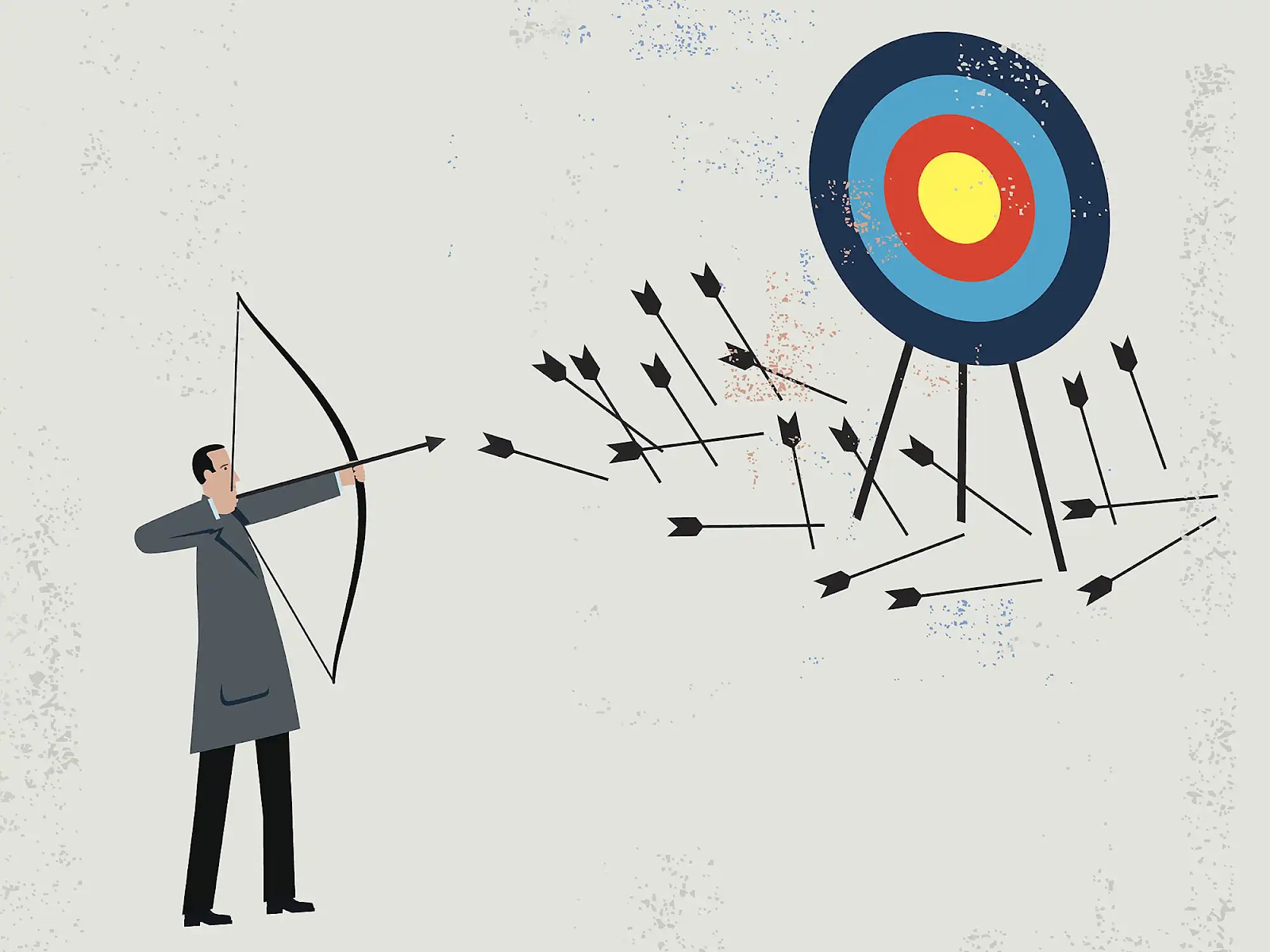I just read another essay by another educator who was not comfortable with the idea of a student saying she was bad at a school subject.
I see this thread from time to time, this insistence on denying that students are bad at something. "No, you just weren't taught that well" or "Your teacher lacked the right tools" or "You are the victim of too-low expectations" or "You just needed more opportunities to master the material and concepts." Sometimes these ideas make it all the way into policy: if you are a teacher of a Certain Age, you may well remember sitting in a PD session in which you were told earnestly that "All can learn all."
No. Some students are bad at some things. This should not come as a surprise; all human beings are bad at something.
Part of it is simple time management and the choices we make. I could probably become good at conversational Chines, but my personal judgment is that, given the limited utility or interest it would hold for me, I'm not willing to invest the amount of time that would be involved--particularly because investing that time in learning Chinese would take time away from other things that I am committed to being Not Bad at.
We have a finite number of hours to invest, and we all make choices about how to invest them. It's a weird brand of age-ism to imagine that students do not make similar choices. I don't believe in lazy students, but I absolutely believe in students who will sit in your class and make a rational decision that they do not want to invest the kind of time in your subject that judge would be necessary. That's the kind of classroom negotiation I found myself involved in-- not "how can I stoke fires of passion in you so you'll get off your lazy ass" but "how can I convince you that I can, in less time than you think, provide you with some skills and knowledge that has more utility than you imagine."
Part of it (at least at the high school level, where I taught) is that due to some combination of wiring, experience, aptitude, inclination, and other mysteries of human development, people have certain skills, even as they don't have certain other skills.
I had a couple of friends who could use a free half hour to learn yet another instrument. I also had a friend who practiced his instrument daily, for an hour or more, and never did actually get particularly good at it. I banged my head against Algebra II for a year, and simply couldn't grasp it. One of my adult summer jobs was working at a catalog store call center, and I was
empirically, objectively, and anecdotally bad at it.
Part of it is speed. Some students just get there so much faster than others. Which takes us right back to the matter of making decisions of what to invest time in. Students are mostly figuring on getting out of school at age 18; you've got till then, and if it's going to take more time than that, well, you can't have it.
Some of the resistance to allowing students to say "I'm bad at the maths" is that such evaluations are often based on lousy data. Lousy data includes things like the Big Standardized Test all the way down to the ability to look around the room and realize that everyone is whipping through the work way faster than you are which is problematic because A) everyone gets to their own destination at their own time in their own way and B) we have an unfortunate tendency in our culture to associate "swift" with "good."
Lousy data can also include the voice of an important person in your life who keeps telling you you're lousy at this, that, or anything. (Ask any teacher--the worst parent-guardian conferences are not the ones where you are compelled to defend yourself against the guardian, but those where you feel compelled to defend the student against that guardian.)
So I completely agree with the impulse to deny the "I'm bad at maths" statement because it's based on bad data. And any bad data that the students are allowing to shape their self-image absolutely must be debunked.
But in the urge to dispel the cloud of low self-esteem we perceive hanging over the child, teachers need to be hugely careful to avoid toxic positivity and happy gaslighting. Again, if you went through teacher school at a certain time, you may have been taught to never flat out respond to a student by saying, "You're wrong." But sometimes they are, and trying to pretend that they aren't, exactly, really, just makes them wonder if either you or they are crazy.
By all means, make sure that you're talking about what you're really talking about. Don't say "I stink at grammar" when it's more accurate to say "I bombed the last test." But recognize that, first of all, bombing the last six tests might reveal a significant pattern, and second, telling a student, "You're not a good judge of your own strengths and weaknesses, and your insights about yourself are invalid," is not a particularly affirming message.
How to untie this whole knot?
The root of the problem here is not that Pat thinks "I'm no good at writing." The problem is the oft-unspoken subtext which adds up to "I'm no good at writing and that just proves that I'm a worthless human being destined live in a van down by the river where I eat cat food off a hot plate until I die alone and unloved."
It's not the conclusion about their capabilities that needs to be challenged; it's the implications being attached.
We bump up against this a million different ways. When prepping my students for peer reviewing of writing, I had to repeatedly emphasize that "this paragraph is unclear" is not synonymous with "you are ugly and stupid and have no right to take up space on the planet" because students are reluctant both to take criticism and to give it. I worked hard to establish some critical distance--the writing is something you do, not who you are.
It's useful to be able to identify your weaknesses. You can learn techniques for working around them, for strengthening them, even for avoiding situations where they will be a liability. But it's very not useful to see them as an immutable blot on your own character and worth as a human being.
It is okay to be bad at something. It is exceptionally human to be bad at something.
Viewing a particular weakness as a significant flaw is part and parcel of the idea that every student in school the same race at the same time to the same finish line. They are not. In fact, part of the point of becoming an educated person is figuring out what trail you' want to follow, and part of figuring that out is assessing your own strengths and weaknesses.
It's okay for a person to be bad at something, and it's okay for a student to know it and say it. It's not okay to view that weaknesses as a character flaw that's etched in titanium. Students aren't there to all fit into the same mold, but to create a mold of their very own.
Every successful journey starts with a realistic understanding of where you are. The response to "I stink at math," doesn't need to be, "Oh, no, honey, you don't." It can be instead, "Yeah, you're an awesome person, but you kind of do. Now, what can we do about that."





